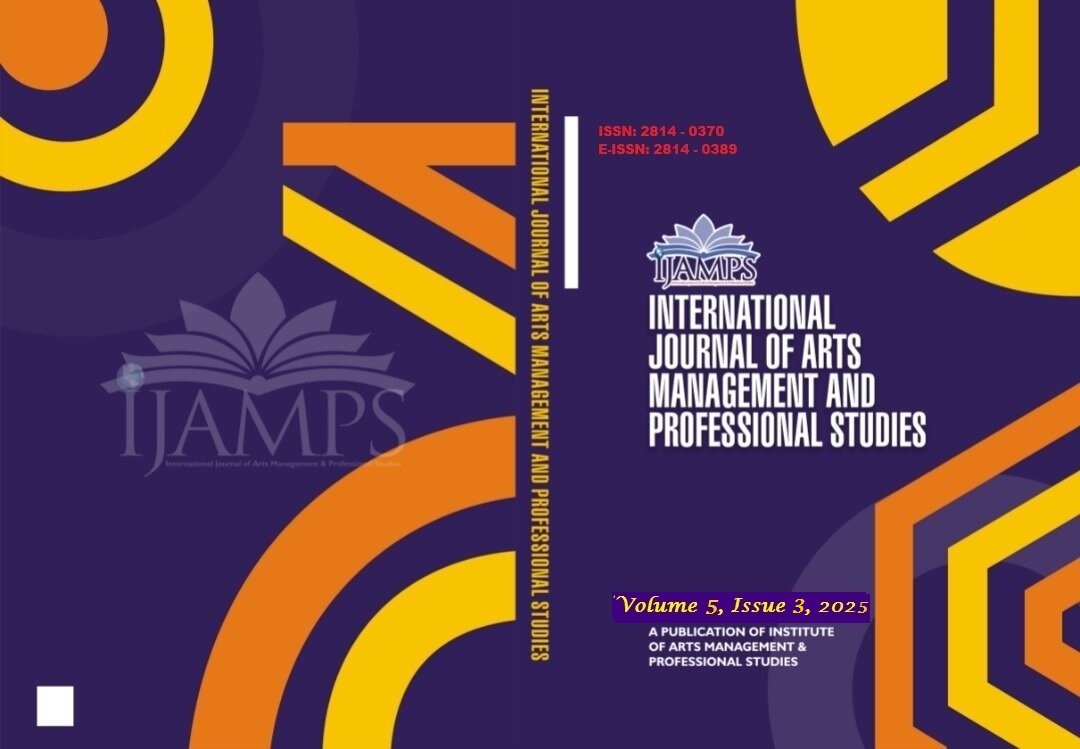
The Impact Of Agile Supply Chain Management On Customer Satisfaction: An Empirical Study Of Manufacturing And Retail Firms In Ibadan, Oyo State, Nigeria
Ajibodu, Busayo Abosede, Babatunde Olusola Adetona
Volume 5, Issue 3, September 2025
In the current business setting shaped by the pandemic, a firm's ability to respond to changes in the market has become one of its most vital assets. Responding to the concerns of customers is likely to enhance the competitive position of a business. Accordingly, the focus of this research is to understand the achievements in customer satisfaction as a result of the practice of agile supply chain management (ASCM) in the manufacturing and retail sectors in Ibadan, Oyo State, Nigeria. This work adopts a cross-sectional strategy. The structured questionnaire was filled out by a total of 258 supply chain managers, operations managers, and executives from 86 companies. The constructs of agility (flexibility, speed, responsiveness, and integration) and customer satisfaction (loyalty, repeat purchases, and complaint resolution) are assessed through descriptive statistical analysis, correlation analysis, and multiple regression analysis. As for the relationship between ASCM practices and customer satisfaction, 'the relationship is positive and strong, and statistically significant' (β = 0.743, p < 0.001). Of the agility dimensions, responsiveness (β = 0.292, p < 0.01) and integration (β = 0.265, p < 0.01) emerged as the top two predictors. The study also emphasises that companies in Ibadan aiming to deliver unparalleled customer satisfaction along with sustainable competitive advantage must focus on building and strengthening their responsive and integrative partnerships and 'invest in agile supply chain capabilities.' Manager and policy maker implications are discussed.